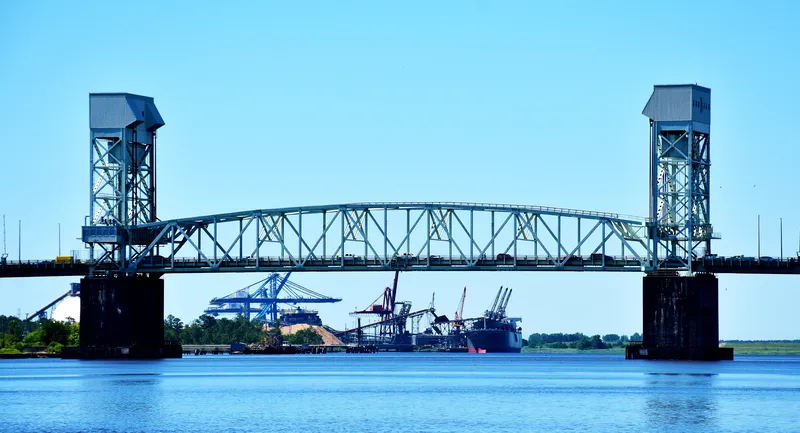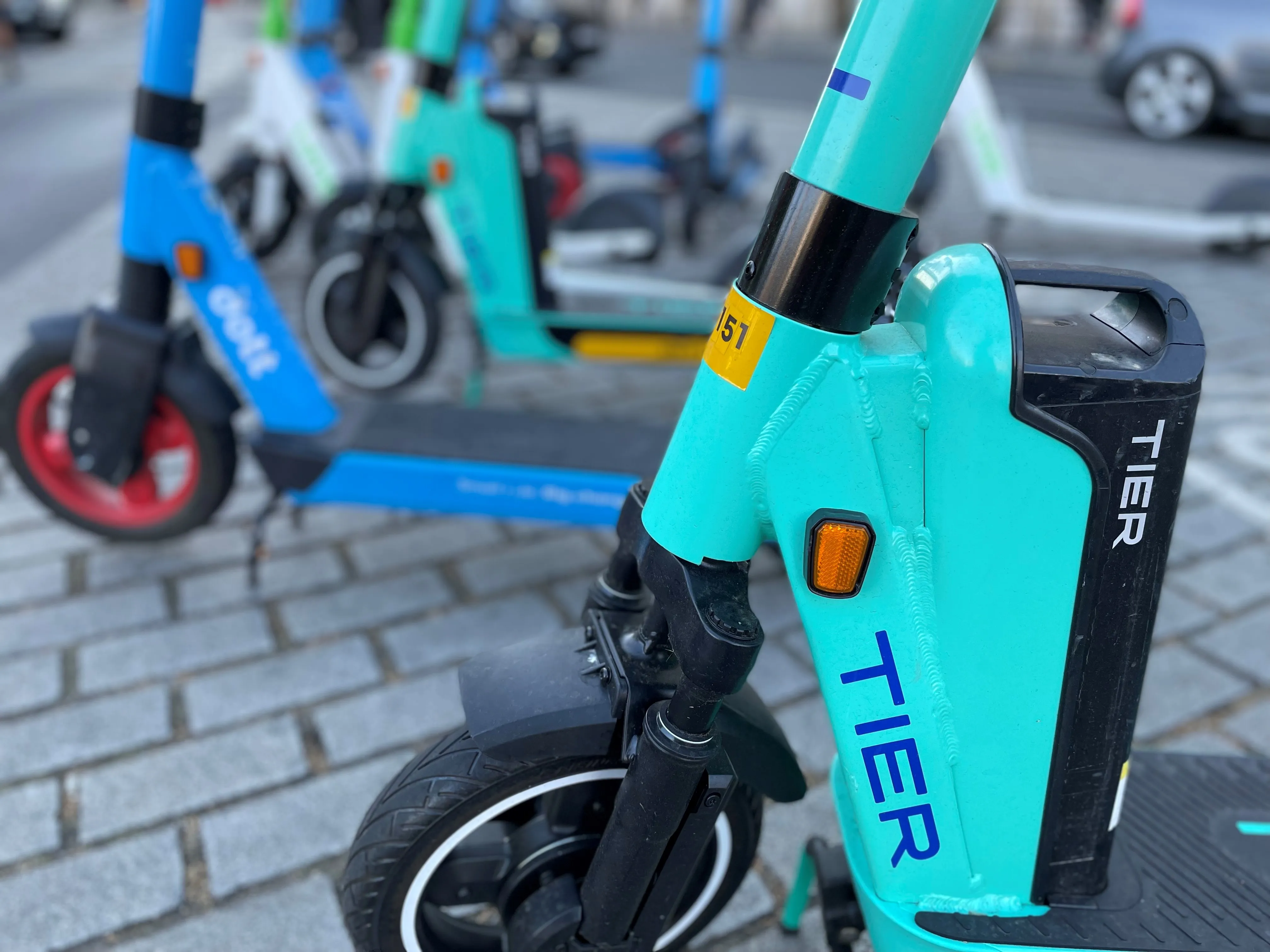
Councillors in North Carolina have left the option open for the proposed replacement Cape Fear Memorial Bridge to be a toll bridge.
Planning and development are underway to replace the Cape Fear Memorial Bridge in Wilmington. The bridge spans the Cape Fear River between Brunswick and New Hanover counties.
Councillors at the Wilmington Urban Area Metropolitan Planning Organization (WMPO) voted to leave the toll option open for the proposed new bridge by eight votes to four, according to local news outlet WECT.
The North Carolina Department of Transportation (NCDoT) says that the bridge replacement would help improve traffic congestion and mobility on a corridor that connects local communities and carries trucks transporting freight to and from the Port of Wilmington.
The proposed new bridge would cost an estimated US$1bn-plus to build. ITS International's sister title Global Highways previously reported that funding worth US$242m was being provided to NCDoT for the Cape Fear bridge replacement project in a funding package being delivered through the Bipartisan Infrastructure Law, but this has come into doubt since the election of the Trump administration.
The toll option would be one possible way of helping to fill any potential gap in funding.
NCDoT adds that the existing four-lane, steel vertical-lift bridge built in 1969 is becoming functionally obsolete and can no longer effectively service current traffic demands.
"While the existing bridge is safe, it is reaching the end of its lifecycle and must be monitored, inspected and maintained on a more frequent basis," NCDOT states.









